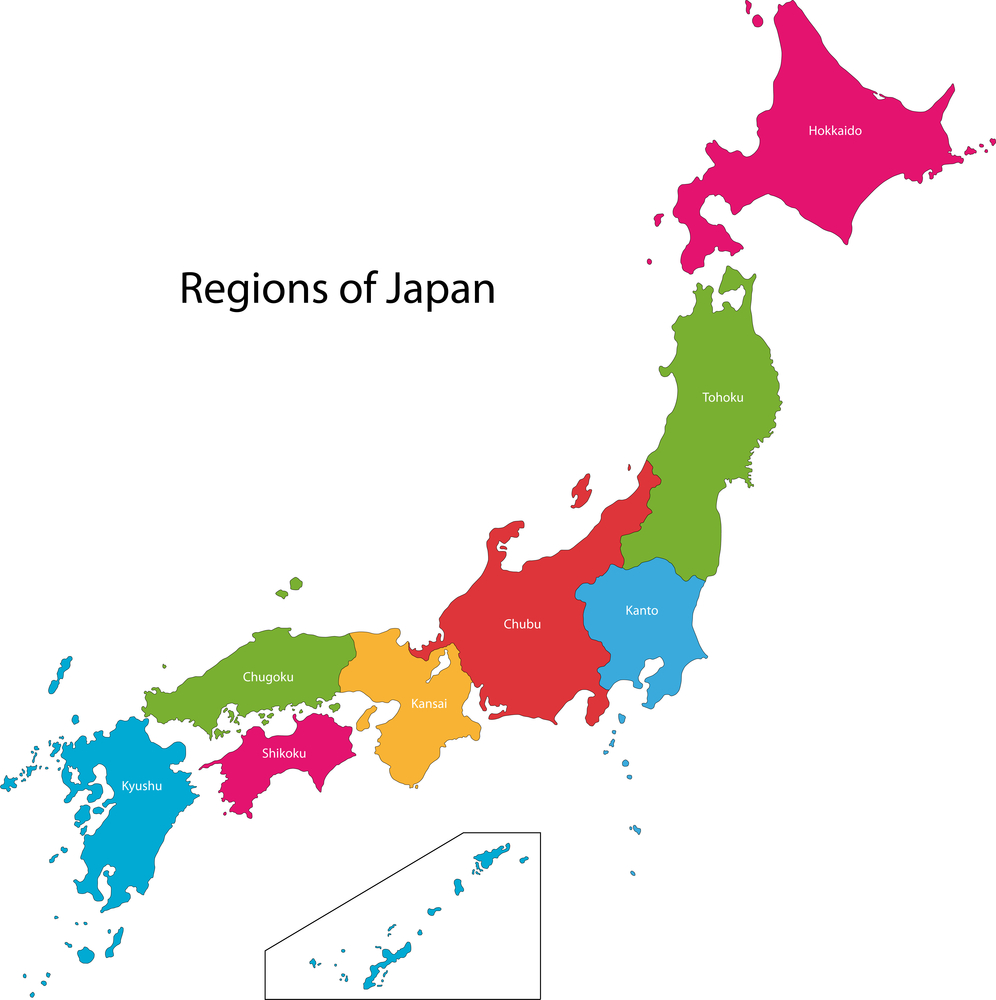Japanese overseas subsidiaries in Europe: M&A boom equals more employees, less capital investment?
Recent statistics on Japanese companies’ activities in Europe show an overall positive picture – growth in employee numbers but declines in capital investment. Could this be a reflection of the ongoing Japanese overseas acquisition boom?
Sales of Japanese overseas subsidiaries in the 1st quarter of 2017 were up 7.9% overall on the previous year and at similar levels in Europe, but growth in North America was 4.3% up on the previous year. Asia represents nearly 50% of Japanese subsidiaries abroad, and sales grew 8.8% on the previous year, according to figures from Japan’s Ministry of Economy Trade, and Industry.
However capital investment declined again, by 13.6% (12 consecutive quarters of decreases) particularly in Europe (40.9% decline – the first decrease in 5 quarters) and ASEAN countries. Capital investment in North America was only down 0.8% but even this was the first decrease for three quarters.
Nonetheless, the number of employees increased 1.9% globally, and by 4.9% in Europe, the 15th consecutive quarterly increase. Growth was less in Asia (1.3%) and North America 2.9%).
This may reflect a long term shift of Japanese companies in Europe towards more service oriented, and therefore people intensive businesses, away from capital intensive manufacturing.
However, figures from the Japan Automobile Manufacturers’ Association show that automakers in Europe are still expanding production (by 7%), although below the peak levels of 2007 and 2008. 17% more cars were imported from Japan than the previous year, but Japanese car manufacturers also purchased record numbers of EU made components.
Exports of Japanese cars manufactured in Europe fell 17%, representing around 20% of Japanese production in Europe. These exports went (in order of size) to North America (24%), Latin America (10%), Middle East (10%), Africa (8%), Oceania (8%) and Asia (6%) – presumably including Japan, and the Honda Civic that Boris Johnson drove when he recently visited Japan, citing it as an example of “fantastic” British exports to Japan.
Japanese car manufacturers now operate 14 plants in seven EU countries – 4 in the UK, 3 in Spain, 2 in Portugal, 2 in Poland, 1 in Hungary, 1 in France and 1 in the Czech Republic. The major capital investments in 2016 were made by Nissan in the UK and Spain and Toyota in Poland.
For more content like this, subscribe to the free Rudlin Consulting Newsletter. 最新の在欧日系企業の状況については無料の月刊Rudlin Consulting ニューズレターにご登録ください。
Read More
 rudlin
rudlin rudlinconsulting
rudlinconsulting